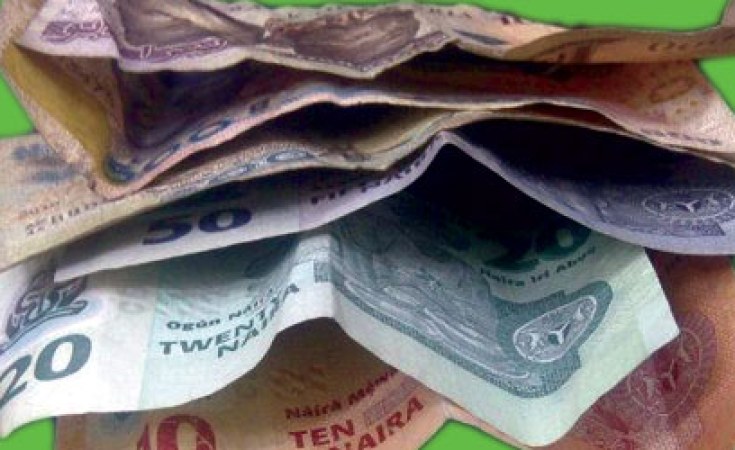The Economic and Financial Crimes Commission, EFCC, applauded the move by the CBN to redesign and reissue higher denominations of the currency.
The Central Bank of Nigeria is set to launch new designs to replace high-value naira notes from December 15, 2022.
The bank said it is doing this to have control of the currency in circulation, manage inflation, as well as tackle counterfeiting.
The plan is to redesign N100, N200, N500, and N1000 and start disbursing by December , then by January 31,2023, the old notes are expected to be out of the.
While addressing journalists on Wednesday, the governor, Godwin Emefiele, said currency management has faced several daunting challenges that have continued to escalate in scale and sophistication with attendant and unintended consequences for the integrity of both the CBN and the country.
"These challenges primarily include: Significant hoarding of banknotes by members of the public, with statistics showing that over 85 percent of currency in circulation are outside the vaults of commercial banks," he said.
"To be more specific, as at the end of September 2022, available data at the CBN indicate that N2.73 Trillion out of the N3.23 trillion currency in circulation, was outside the vaults of Commercial Banks across the country; and supposedly held by the public.
"Evidently, currency in circulation has more than doubled since 2015; rising from N1.46 trillion in December 2015 to N3.23 trillion in September 2022. This is a worrisome trend that cannot be allowed to continue."
He said the bank believes this increase has a positive impact on inflation, which hit a 17-year high in September.
He also said the country is faced by worsening shortage of clean and fit banknotes with attendant negative perception of the CBN and increased risk to financial stability.
Ransom Money
According to Mr Emefiele, the move to redistribute the new notes which will ultimately reduce the amount of cash in circulation will also discourage ransom payment as large volumes of money wont be accessed.
"Also, in view of the prevailing level of security situation in the country, the CBN is convinced that the incidents of terrorism and kidnapping would be minimized as access to the large volume of money outside the banking system used as source of funds for ransom payments will begin to dry up".
He also said the bank believes that the redesign of the currency will help deepen CBN's drive to entrench cashless economy as it will be complemented by increased minting of our eNaira.
"This will further rein in the currency outside the banking system into the banking system thereby making monetary policy more efficacious," he said.
There are concerns the move may lead to confusion as populations in rural communities, away from bank branches, may find it difficult to change their currency notes within the given time.
EFCC Welcomes Move
The Economic and Financial Crimes Commission, EFCC, applauded the move by the CBN to redesign and reissue higher denominations of the currency.
The chairman of the EFCC, Abdulrasheed Bawa, described the move by the apex bank as "a well-considered and timely response" to the challenges of currency management which has negatively impacted the country's monetary policy and security imperatives.
"The EFCC, the CBN and some other regulators in the financial sector have worked closely in the recent past to determine how best to stabilize the country's monetary policy environment. It is heart-warming that the CBN has demonstrated courage in taking this bold decision which I believe will bring sanity to the currency management situation in Nigeria," he said, according to a statement by its spokesperson Wilson Uwujaren.
Mr Bawa said the EFCC will monitor the process to ensure that unscrupulous players and currency speculators and their cohorts among the BDCs do not undermine the exercise. He also charged banks to be alive to their reporting obligations and not assist unscrupulous customers in laundering suspected proceeds of crimes through their system.


